Vitamin B – The Ideal Supplement to Boost Your Skin’s Health
When you look in the mirror in the morning and see a new wrinkle, blemish or dull patch of skin on your face, the first thing you probably reach for is an appropriately marketed beauty product without thinking about it. The only thing you probably know about your beauty products is what they are meant to treat, but you aren’t actually sure how they do it. And chances are, you haven’t even thought about eating or drinking something to help treat your skin problems. If this is your case, it is time to rethink that approach.

Your skin is your body’s largest organ, and it’s affected by everything you put on it, as well as everything you ingest. Addressing your skin problems requires you to treat not only the symptoms but the root causes as well, and that begins with good nutrition and supplementation. Vitamin B supports skin’s health in a variety of ways, which means adding it to your daily regimen whether through the foods you consume, supplements or personal care products, is a good idea.
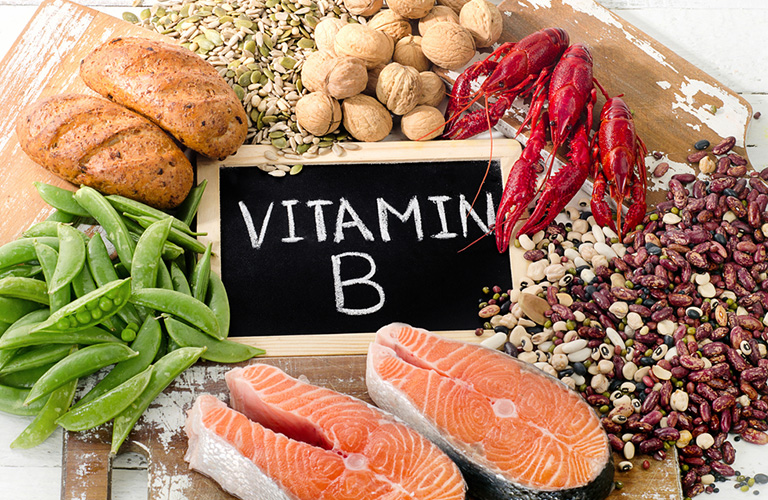
Vitamin B is actually a group of 8 vitamins: vitamin B1, B2, B3, B5, B6, B7, B9, B12. These vitamins are necessary for nearly every process within the body. They help turn food into energy and affect the health of your metabolism, nervous system, muscles, organs, skin and hair. They are also vital for cell growth, development, and overall functioning of your body. Considering that the skin is constantly regenerating, it can benefit a lot from vitamin B. However, most people have a relatively small storage tank for B vitamins, which means you have to keep refilling it each day.
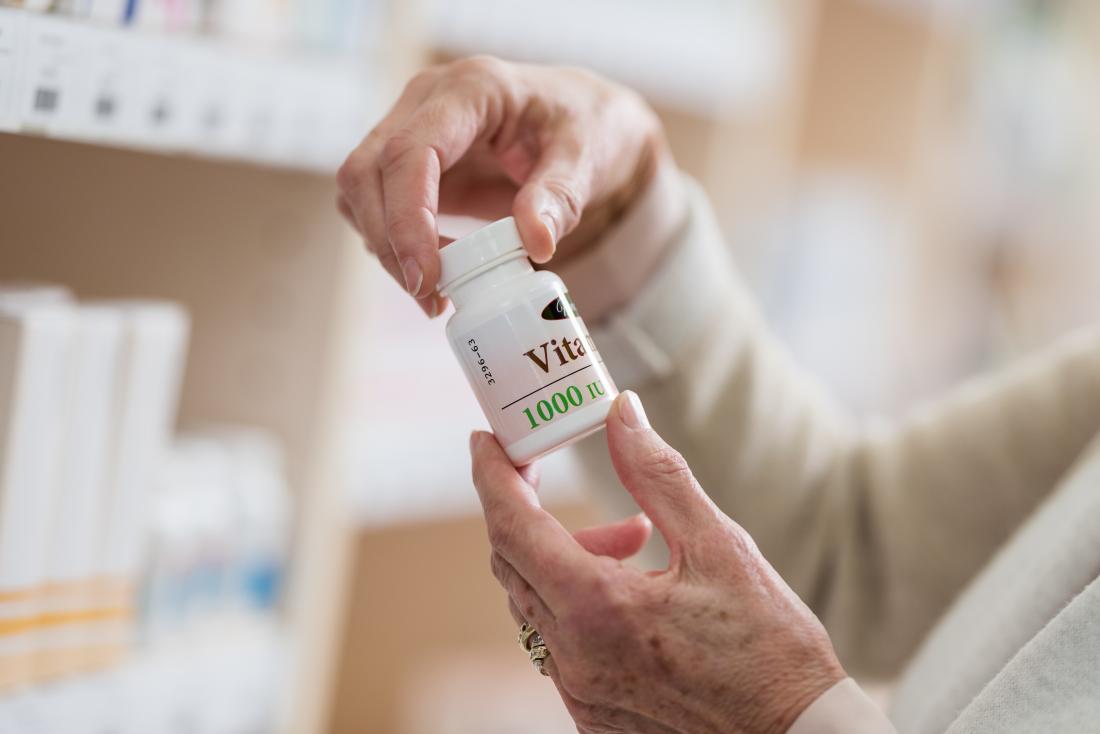
If you stick to a healthy and balanced diet, you should be getting all the B vitamins you need. However, lifestyle choices, personal food preferences, certain medications, and various health conditions can affect your B vitamin status. Because B vitamins are water-soluble substances, they are easily lost during some cooking methods. So, in certain cases, taking a vitamin b supplement is the ideal way to avoid its deficiency in your body. If you suspect that you lack one of the B vitamins, talk to your doctor. He/she should be able to perform the needed tests and determine what’s best for your case. Considering the fact that each vitamin b impacts the skin’s health differently, it is helpful to know the different roles that different vitamins have in the body.
Vitamin B1
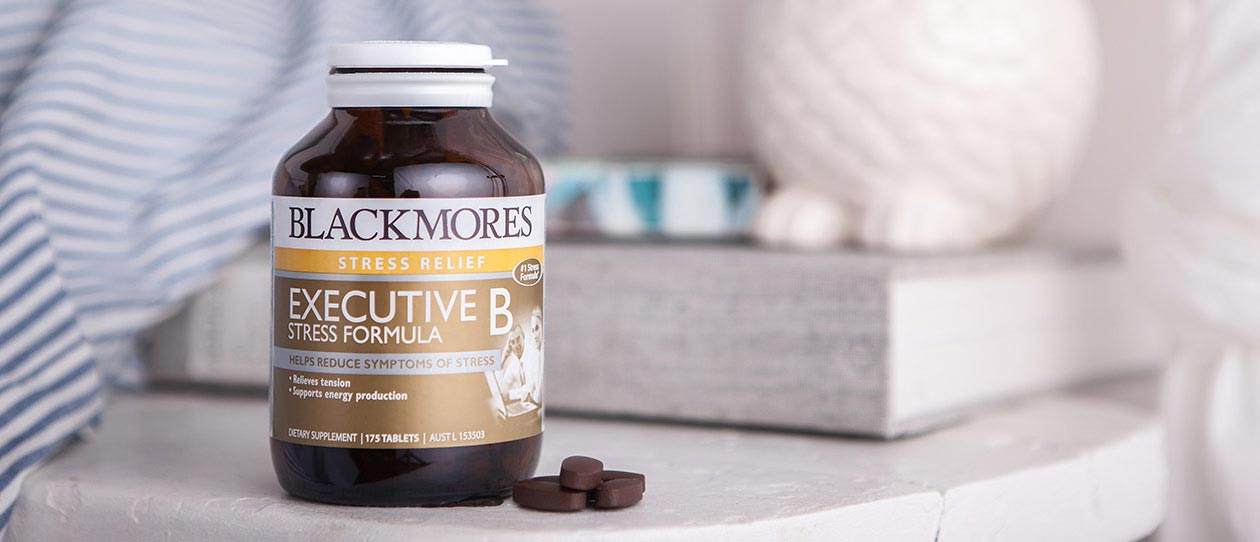
This was the first B vitamin ever discovered. It aids in wound healing, helps to convert glucose into energy, and is essential for proper nerve functioning. Also called the ‘anti-stress vitamin’, vitamin B1 boosts the immune system and soothes the nervous system, helping prevent stress-related breakouts.
Vitamin B2
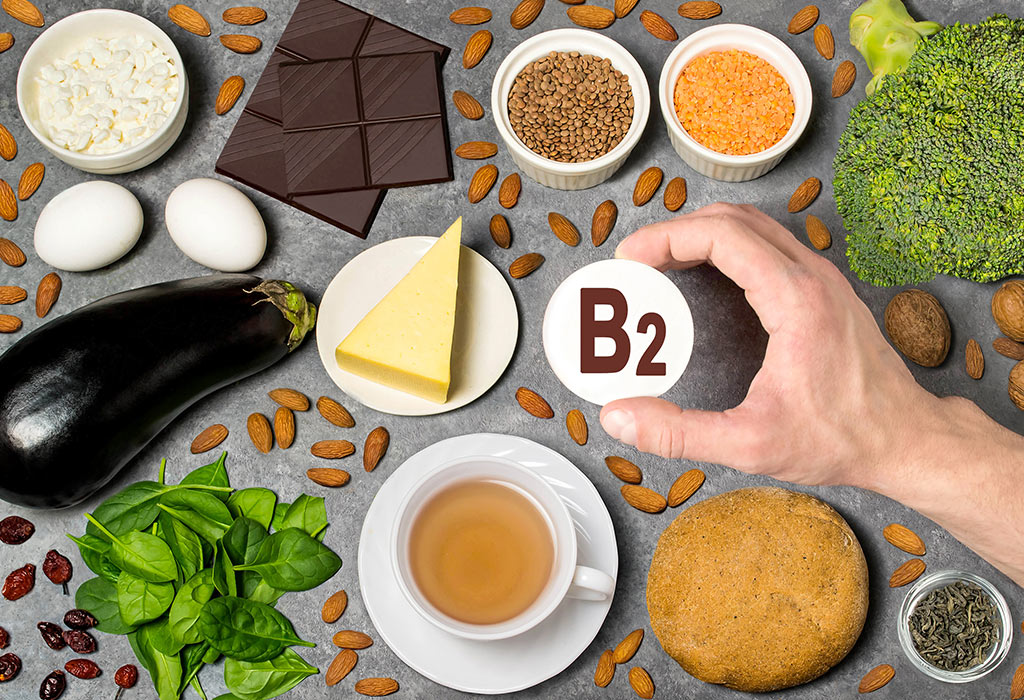
B2 helps in collagen production cell turnover, reducing inflammation, protecting the structural integrity of the skin, and speeding up the healing of wounds. It also helps in maintaining the mucus secretion of the skin to prevent acne breakouts and dry skin. And on top of that, it improves zink absorption, which is another important mineral for optimal skin health.
Vitamin B3
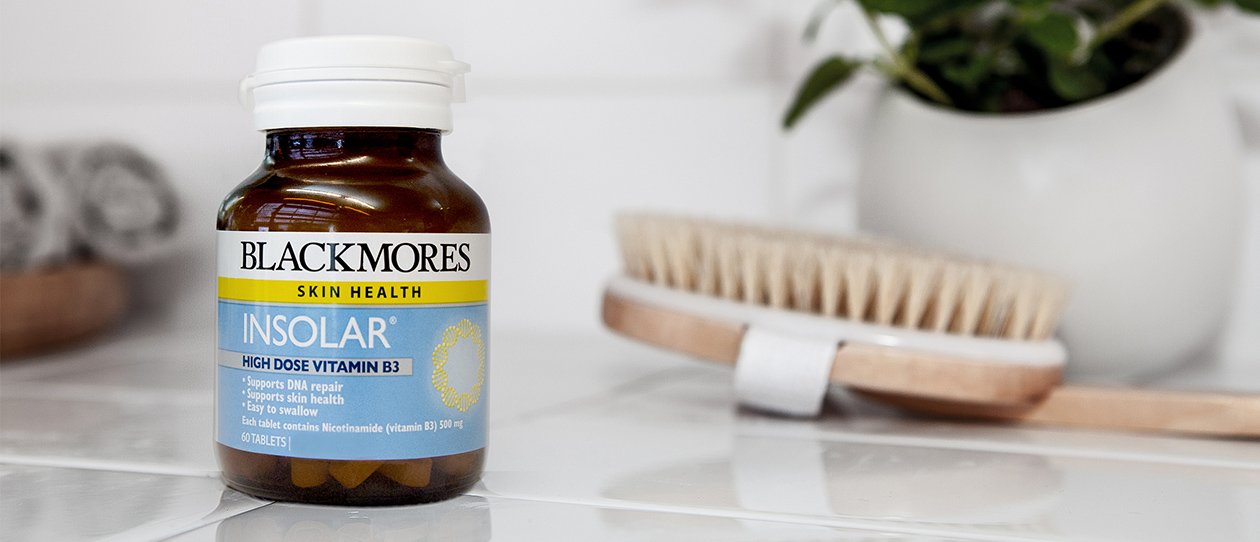
Considered a skin-conditioning powerhouse, vitamin B3 helps address a variety of skin conditions and irritations, including acne, dermatitis, eczema, rosacea, dry and sun-damaged skin, and hyperpigmentation. It is also a strong anti-aging ingredient, which explains why it is commonly found in skincare products that target fine lines and wrinkles.
Vitamin B5
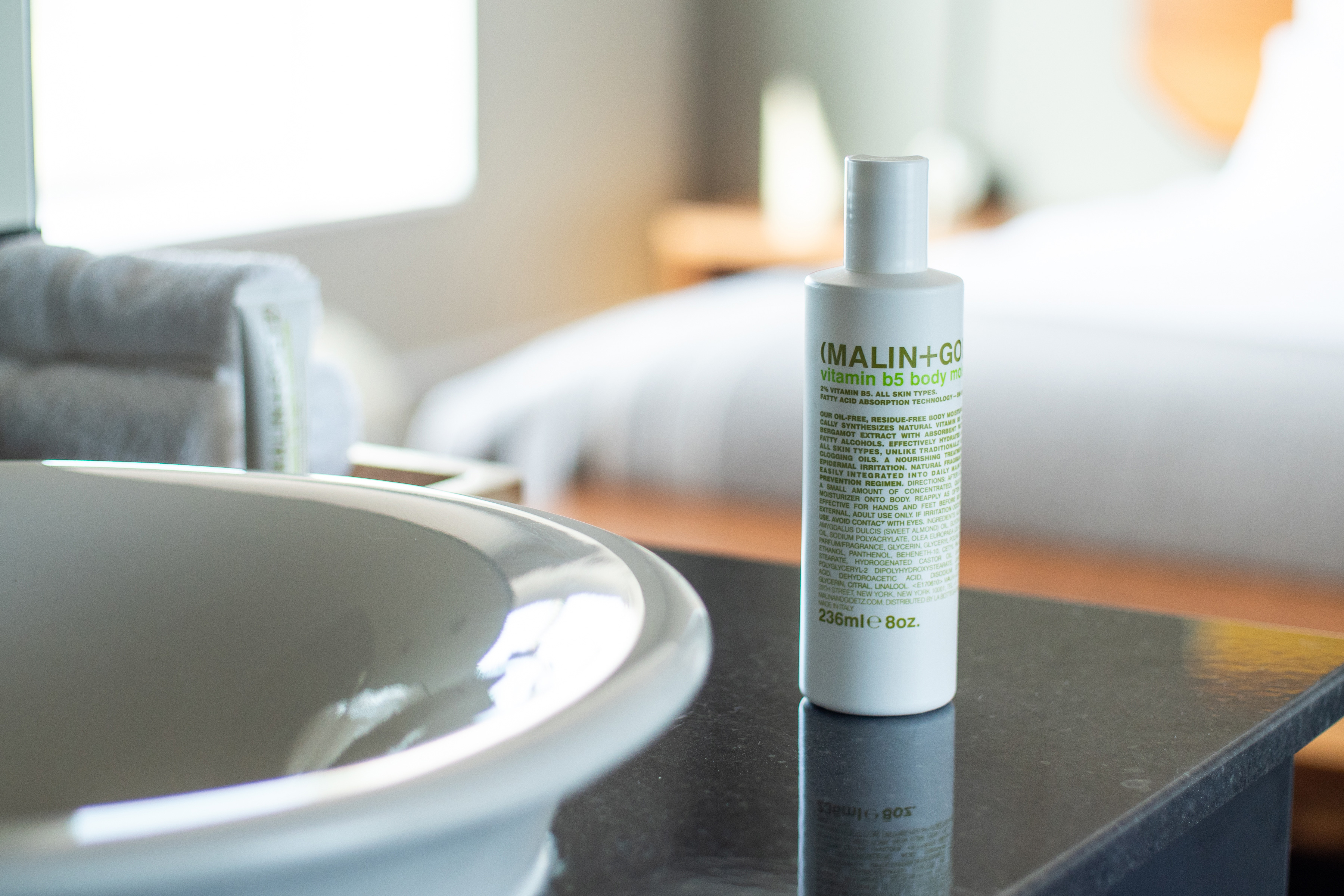
This vitamin is a power humectant, which means it preserves the moisture in the skin while also improving the skin’s elasticity and contributes to a fuller, more hydrated complexion. Since hydrated skin is also more resilient, Vitamin B5 can also help reduce signs of aging and prevent acne.
Vitamin B6
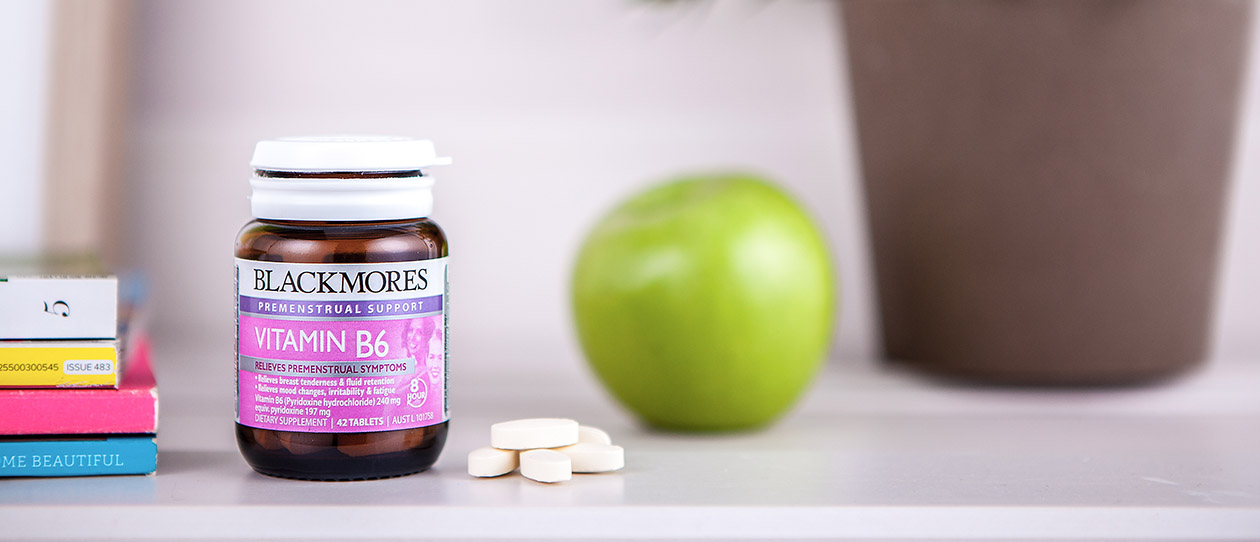
Considered a stress-buster, B6 helps to regulate your mood and sleep by stimulating the production of serotonin, melatonin, and norepinephrine in your body. It’s known that stress and inadequate sleep can trigger inflammation in your muscles, reduce cell regeneration and contribute to dryness – all factors that can result in breakouts and premature aging.
Vitamin B7

This vitamin helps protect cells from damage and water loss in order to keep your skin moist and plump. Some signs of deficiency are brittle, dry hair, brittle nails, and dry, flaky skin. Severe cases result in red and scaly skin.
Vitamin B9

B9 helps promote cell turnover and fights free radical damage. Also known as folic acid, this vitamin is usually recommended as a prenatal vitamin as it helps prevent birth defects. Research has shown that when applied topically along with creatine, it helps fight signs of sun damage and aging, leading to a firmer-looking skin.
Vitamin B12
This vitamin is essential for cell reproduction and can be applied topically as it reduces inflammation, dryness, and acne. It is sometimes used to treat conditions like psoriasis and eczema.
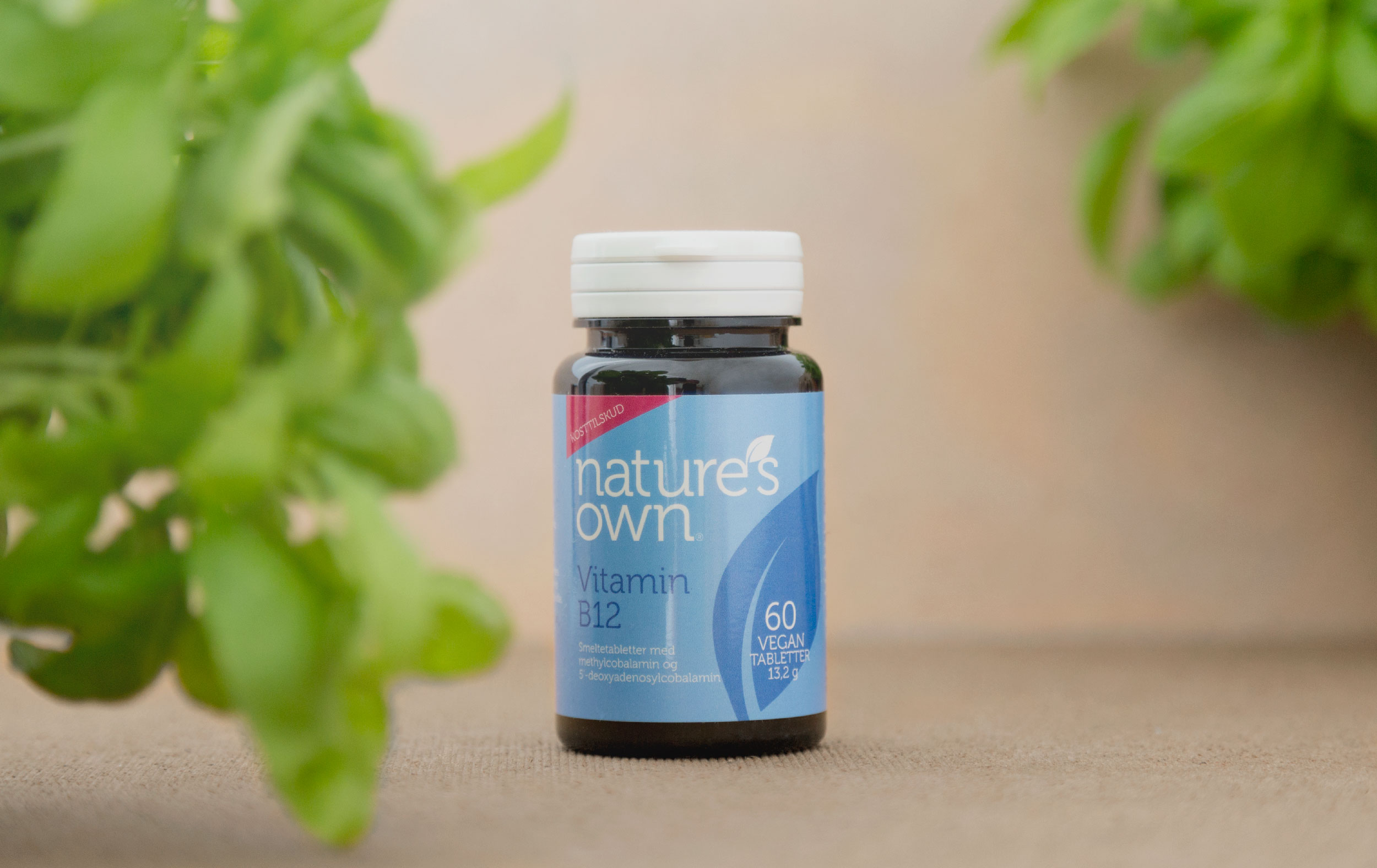
At the end of the day, consulting your doctor before you add any supplements to your routine is always a good idea. Discuss your desired health goals and why you think supplementation may be necessary. Your doctor will suggest the best treatment option for you and advise you about what you should do for optimal results.



